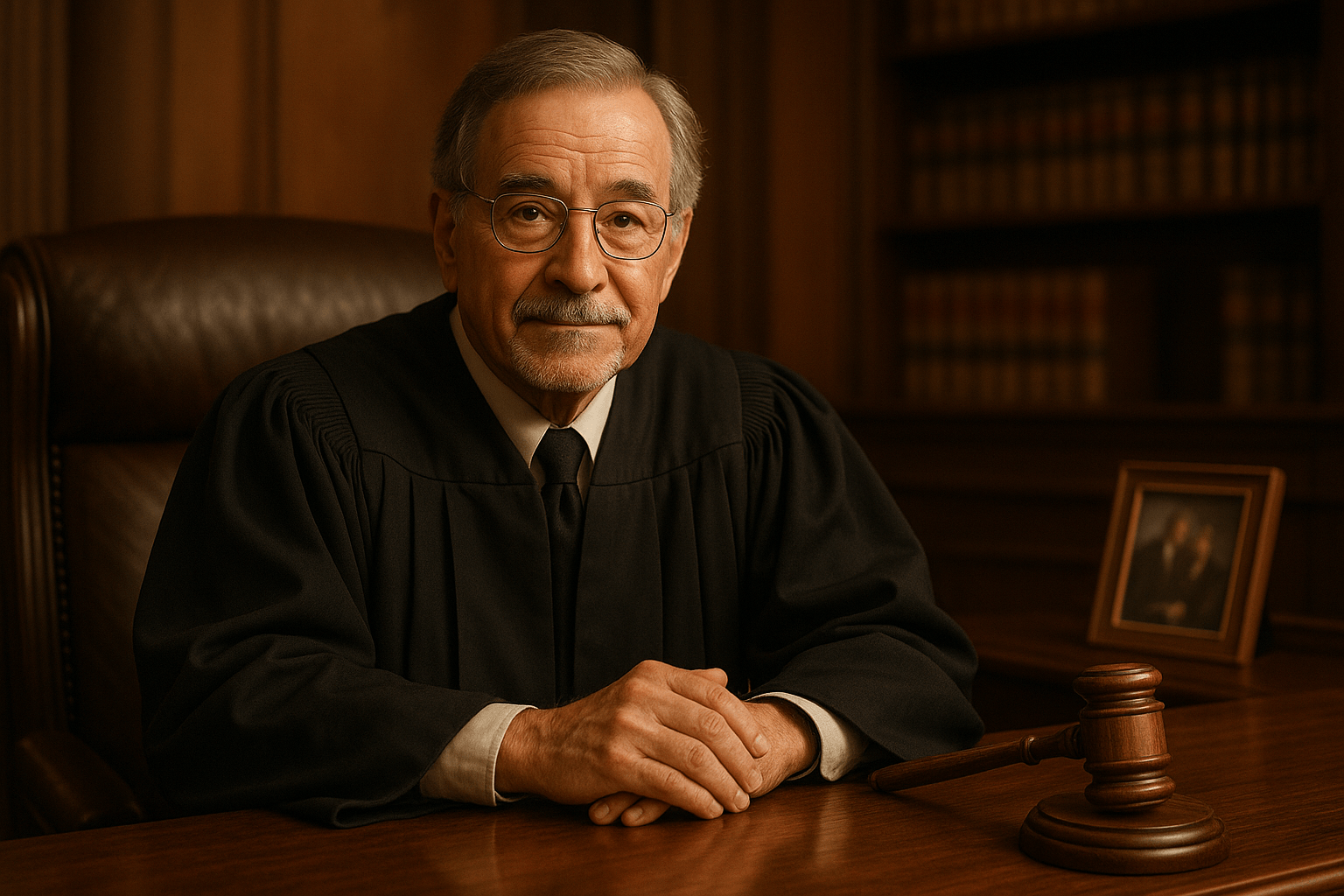Florida’s Immigration Law Battle: Supreme Court Weighs In
Published June 23, 2025 / 3:06 PM EDT / CBS News
Introduction: A Pivotal Immigration Lawsuit
On June 23, 2025, the debate over immigration law enforcement in Florida escalated to the highest level. Florida officials formally asked the U.S. Supreme Court to allow the state’s latest immigration law to go into effect amid ongoing legal challenges. The move comes after several courts put the law on hold, citing possible conflicts with federal policies and concerns over civil rights.
Background: What Is Florida’s New Immigration Law?
- Strict Enforcement: Florida’s new law aims to crack down on undocumented immigration by increasing penalties, expanding verification requirements for employers, and limiting access to certain public services.
- State vs. Federal Powers: The legislation has reignited the debate over how much individual states can do to regulate immigration, which is traditionally a federal responsibility.
- Contentious Provisions: Key sections involve making it a crime to transport or harbor undocumented immigrants and requiring hospitals to ask about residency status when providing care.
To read the full story, you can check out the original CBS News article.
Why Is This Law So Controversial?
Legal experts and civil rights advocates argue that some parts of the law may overstep state authority and could violate constitutional rights. For instance, critics point to the law’s requirements for hospitals to ask about immigration status, which they say could deter people from seeking vital medical care.
Additionally, the push to penalize those who assist undocumented immigrants—including family, friends, or religious organizations—has raised both ethical and practical concerns.
Florida’s Argument: State’s Rights and Public Safety
Florida’s Governor and other officials argue that the law is necessary to protect residents and ensure jobs and resources are reserved for legal residents and citizens. Supporters claim that the federal government has not sufficiently addressed illegal immigration, leaving states like Florida to take action themselves.
Proponents frame the law as a matter of public safety, emphasizing concerns over crime, human trafficking, and pressure on social services. They believe Florida has a right to act when federal response is deemed inadequate. You can deep dive into Gov. Ron DeSantis’s official statements on state policy.
Opposition: Legal and Humanitarian Concerns
On the other side, immigration advocates and civil liberties groups have filed lawsuits arguing that the law infringes on federal authority and promotes discrimination and fear within immigrant communities. The law’s critics suggest it could have a chilling effect on people reporting crime or seeking health care, ultimately making communities less safe.
For more about the legal challenge, visit the ACLU case summary.
The Supreme Court’s Potential Impact
With Florida asking the U.S. Supreme Court to lift lower court blocks, the stage is set for a landmark ruling. If the Supreme Court agrees to hear the case, its decision could have nationwide ramifications, not only for Florida but also for other states considering similar measures.
The Court’s decision could clarify:
- How much authority states have to enact and enforce immigration policies
- The balance between state enforcement and federal oversight
- The constitutional rights of both citizens and non-citizens
What Happens Next?
If the Supreme Court allows the law to go into effect, Florida will be the first state to implement such sweeping enforcement against undocumented migrants since similar high-profile attempts in Arizona a decade ago. If the law remains blocked, it could set precedent for future court challenges on state immigration laws.
This legal tug-of-war is likely to continue for months to come, regardless of the Court’s immediate action. Interested readers can follow updates on the U.S. Supreme Court’s website or reliable news sites for ongoing coverage.
Digging Deeper: How Have Similar Laws Fared?
Florida’s case echoes the landmark Arizona v. United States Supreme Court decision from 2012, in which most provisions of a similar state immigration law were struck down. That case highlighted the tension between state and federal powers—a theme at the heart of Florida’s fight.
The current challenge in Florida is being watched closely because it could set a new precedent or reaffirm previous ones. For an in-depth legal analysis, read the National Immigration Forum’s commentary.
Conclusion: Why This Matters for Everyone
No matter your perspective, Florida’s new immigration law—and the pending Supreme Court decision—could significantly impact both local communities and the national debate on immigration. The outcome may eventually redefine the roles of state and federal governments in addressing one of America’s most divisive issues.
Stay Informed: For ongoing updates, subscribe to trusted news outlets or visit resources like the Pew Research Center for the latest on immigration laws and opinions.
Have thoughts or questions? Leave a comment below to join the discussion.



